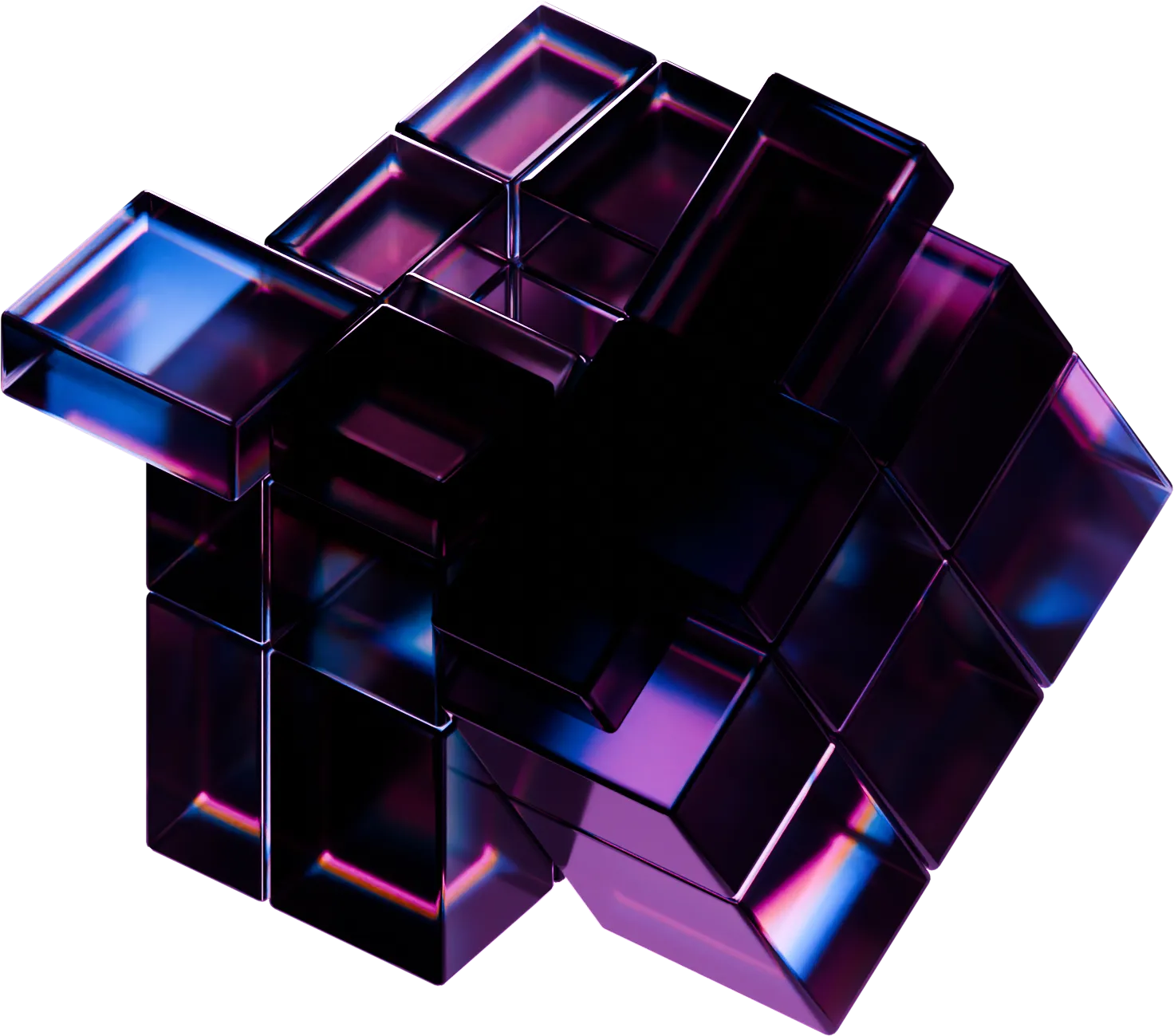
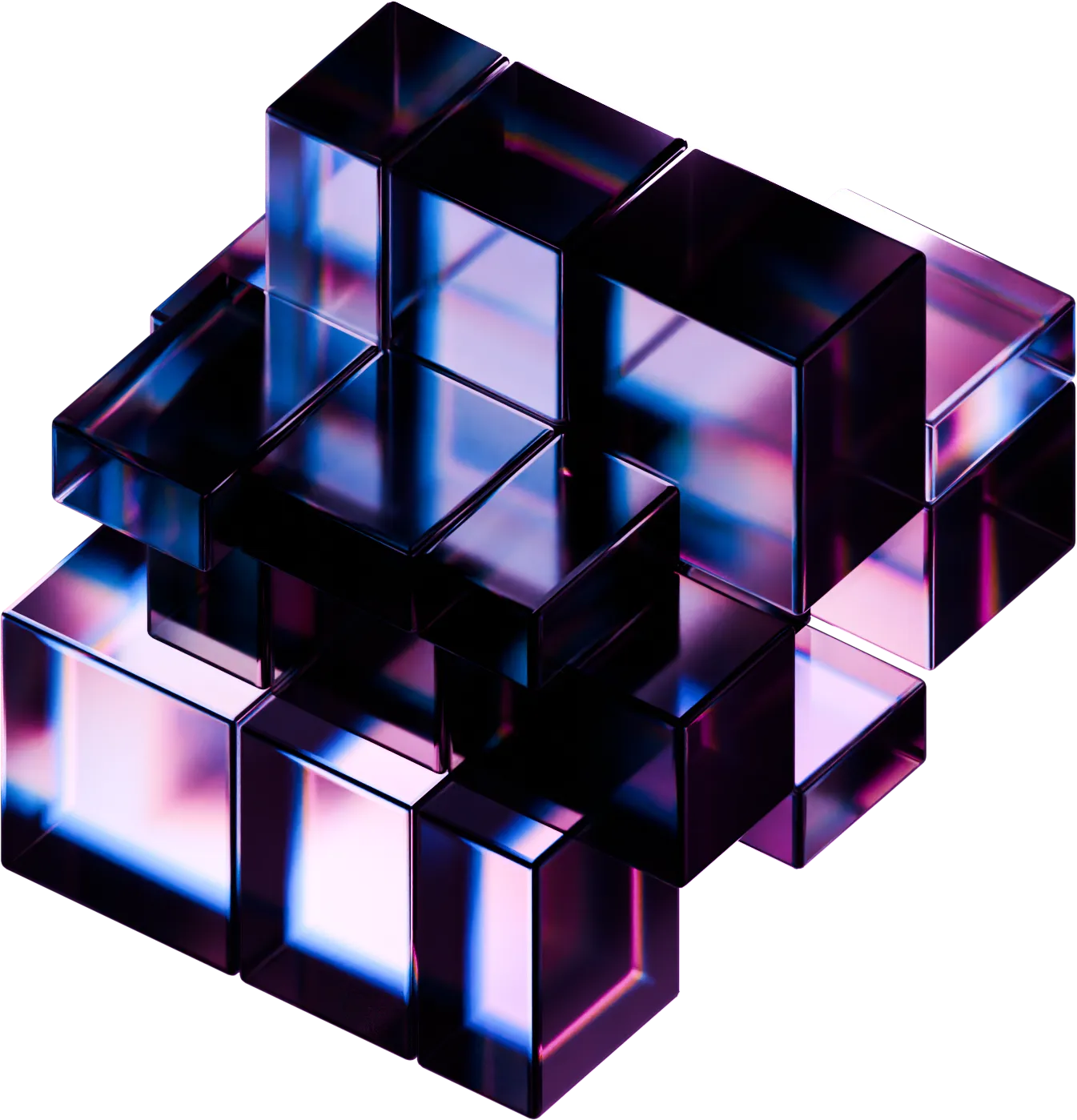
Ethereum is Trustware
The transition from analog to digital trust is underway.
Ethereum enables the mass production of trust in digital form, through cryptography, consensus, and capital. Ethereum is the trustware that will power a digital world economy.
Trust is no longer just a social exchange between people or organizations. Ethereum transforms trust from what’s traditionally been provided as a service into a cryptographically secure, scalable, and economically self-sustaining commodity.
Put more simply: Ethereum is the world’s deepest and purest well of programmable digital trust.
A Brief History of Trust
Trust is the foundation of the many systems that drive the modern world. Trust underpins every transaction, agreement, process and relationship. But legacy models of trust don’t scale for the digital age.
The architecture of trust has evolved through three great ages.
01—Tribal trust
Tribal Trust was all about survival. Mutual cooperation and trust in your kin or band was the only way to navigate a harsh and primitive world. This scaled to maybe 150 individuals in your vicinity.
02—Institutional trust
Major improvements came with civilization and the introduction of Institutional Trust. The invention of monarchies, religions, legal systems, money, governments, banks and corporations scaled trust to nations of millions—most strangers to each other—for the first time by leveraging force and reputation.
Architecture of Trust


03—Digital trust
Today we are just past the dawn of a new, third age centered on Nakamoto’s invention of Digital Trust. Beginning with Bitcoin and advancing with Ethereum, we can now create and guarantee trust through mathematics and economics. Furthermore, trustware makes guaranteed trust programmable.
Digital trust scales to billions without borders, intermediaries, or violence. It excels where previous, primitive forms of trust struggled. It provides guarantees that cannot be revoked or undermined by changing beliefs, political winds or institutional integrity. It is universally available, continuously, globally, and operates predictably. It enables near-instant settlement between parties who have never met, across any distance.
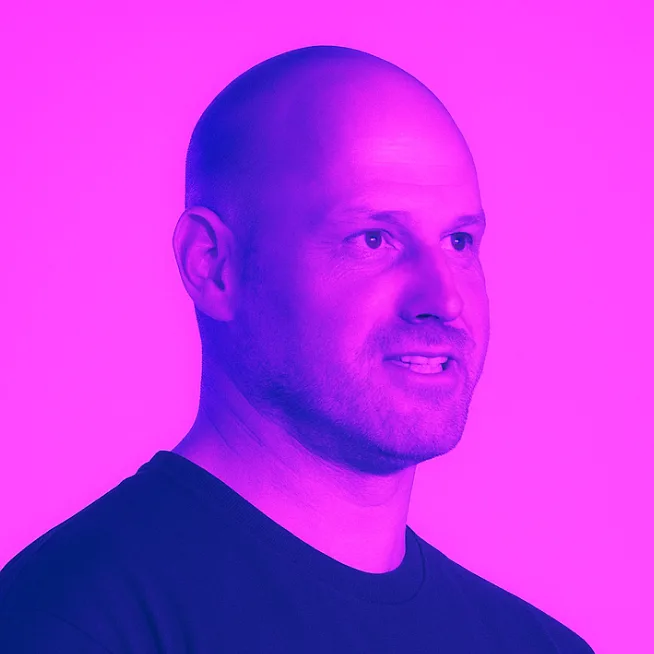
“Financial networks reduce frictions and build trust between counterparties. Value instruments like dollars, bonds, and deeds, all mediate trust between strangers so we can build the complex world around us. These are already largely digital, but not easily shared or combined. Ethereum solves this as a neutral, digital-first, global programmable trust infrastructure for the world to use.”
Trust is no longer strictly a social exchange; it is a new type of commodity undergirding the paradigm shift to a digital global economy.
Trustware is the digital infrastructure enabling a massive upgrade from millennia of relying on physical notes, paper ledgers, metal coins and opaque, private databases.

Wetware moves thoughts; Hardware moves electrons; Software moves instructions; and now Trustware moves value.
Trustware is a new layer in society's stack that automates and guarantees trust, making it universally accessible and programmable. Ethereum trustware turns the enforcement of agreements into a programmable, cryptographically secure service which burns the digital commodity ETH as literal economic fuel.
Ethereum trustware is computationally verifiable and tamper resistant. The ETH trust commodity is consumed on demand as it powers transactions, 24/7, globally, without centralized intermediaries, for any person or program with access to the world wide web.
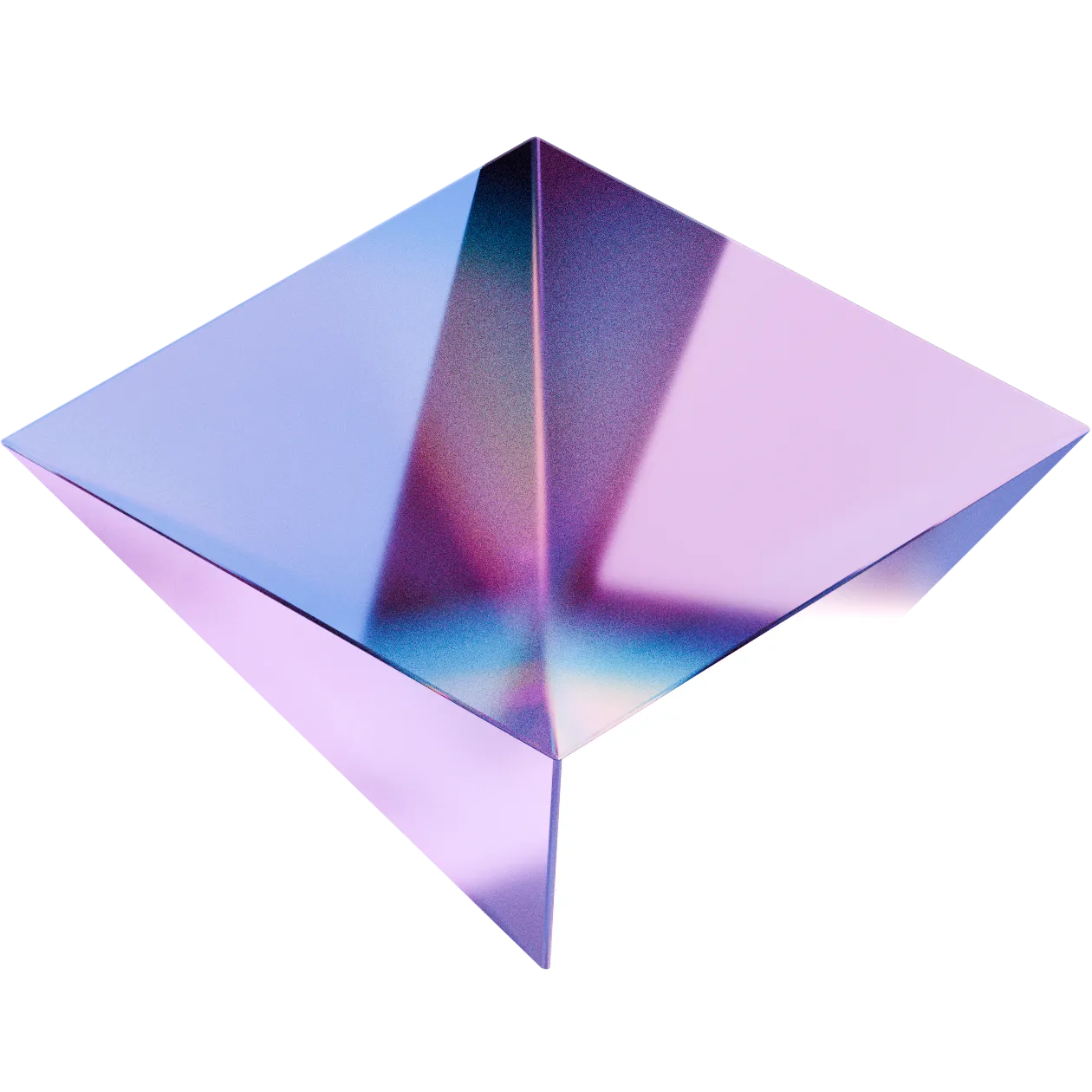
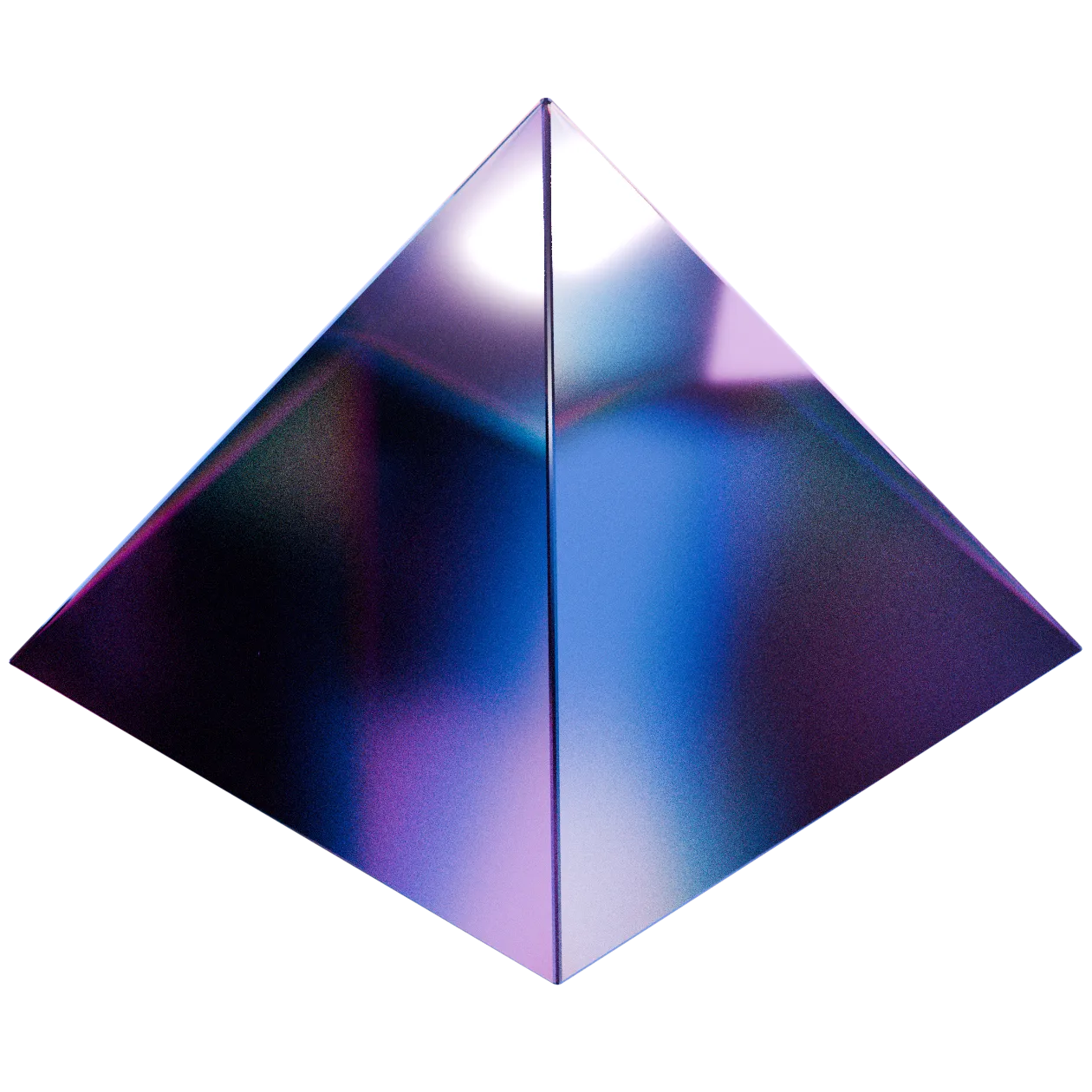
The Future Runs on Ethereum
Ethereum is core trustware, civilization-scale infrastructure for the world, offering the deepest, richest, most robust source of trust.
The apex Trustware technology is Ethereum, a secure, decentralized world computer, that can run the world's economy (and more). It is reshaping how money moves, identities work, and trust is built. We don’t just believe in it. We manifest it.
Ethereum's breakthrough is making trust programmable, composable, and economically self-sustaining.
It makes trust an open-source commodity (ETH) that millions already use.
It is distributed, neutral and borderless, not controlled by any government or corporation.
Ethereum and proof of stake offer mathematical certainty backed by economic security. It manufactures trust bottom-up through a global network of validators who stake economic value (ETH) to guarantee honest behavior.
As it approaches the 10-year anniversary of its genesis block, the network remains, by almost any metric, in a class of one. The Future of Ethereum and its roadmap is bright.

Not just a blockchain. Public infrastructure for an upgrade to the global economy.

Ethereum delivers a new kind of public infrastructure: a decentralized world computer, underpinned by a universal trust and settlement layer, designed to serve as the connective tissue for a global economy in transition.
As the world shifts toward digital finance, tokenized assets, and AI-powered commerce, Ethereum and its proof of stake architecture provide the secure, scalable, and composable infrastructure to power the next wave of economic transformation.
The future of the global economy will run on Ethereum, because only Ethereum has the network, developer community, and technological innovation to make it possible.
Financial systems and tokenized assets
Digital identity and on-chain reputation
Supply chains and real-time logistics
DAOs, games, and creative economies

$ Trillion
The current, cost of social-based institutional trust infrastructure is over $9 trillion every year; we expect at least $3 trillion in assets will run on Ethereum’s digital trust by 2028.
This transformation of trust from a service to commodity achieves something economists thought impossible: trust with near zero marginal cost.
Early adopters from traditional finance—BlackRock, JPMorgan, and Franklin Templeton—have moved billions of dollars in tokenized assets on-chain. Ethereum hosts the deepest liquidity, the most developers, and the richest ecosystem of applications.
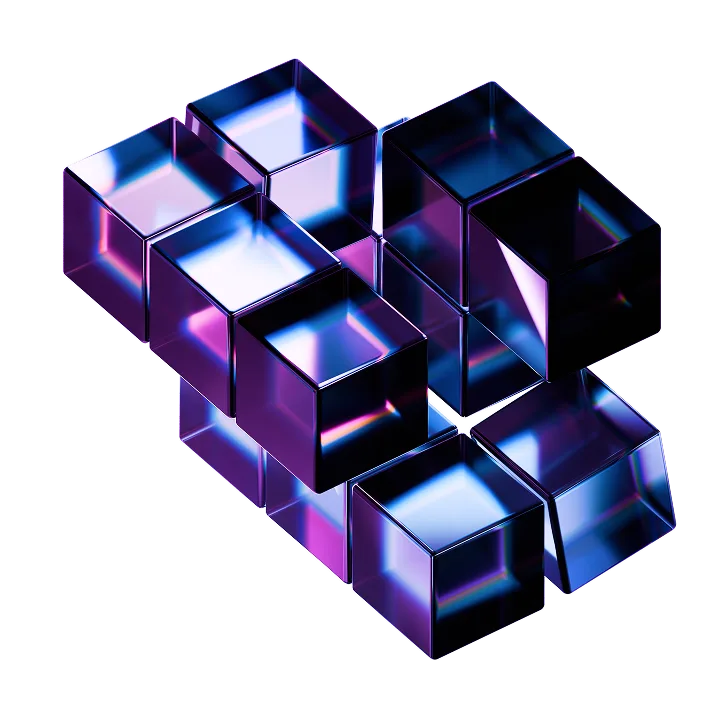
$ B+
locked in decentralized finance> % of DeFi
total value locked resides on Ethereum or its Layer 2s.M+
verified smart contracts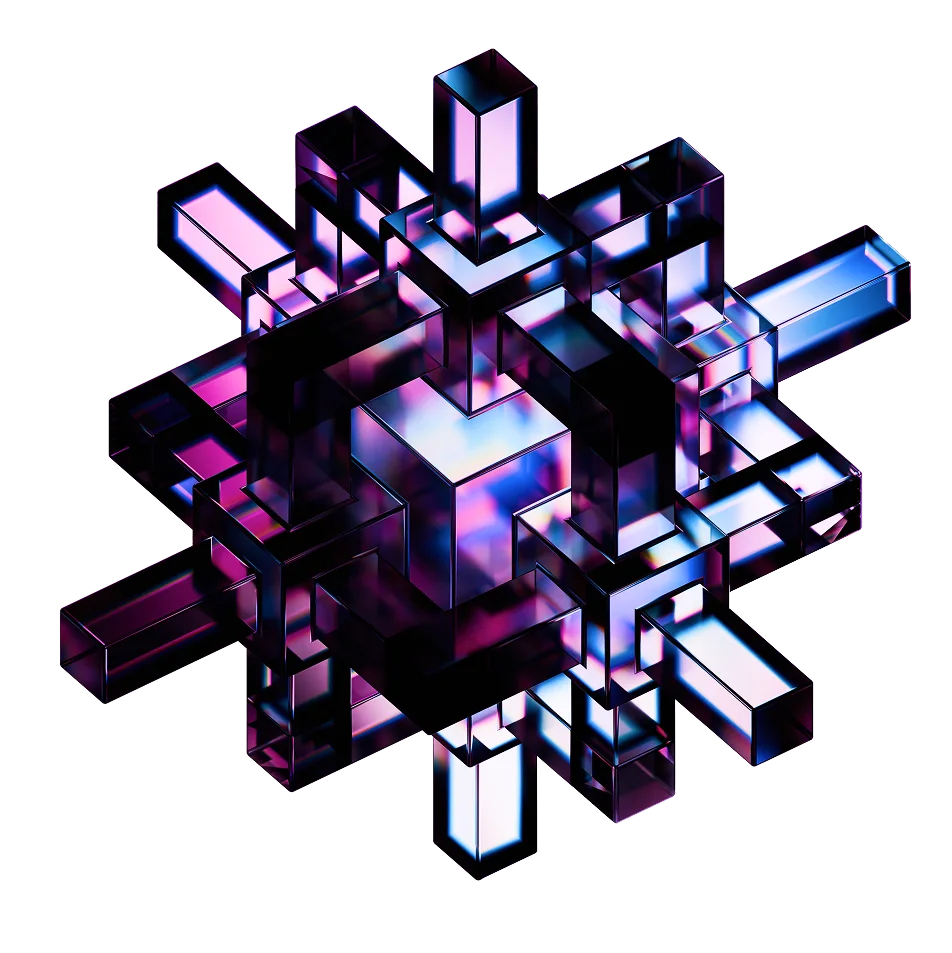
+
countries with Ethereum-based activity+
active monthly developers
In the last 12 months Ethereum settled $14.26 trillion in stablecoin value, more than Mastercard ($7.8T) and close to Visa ($15.1T). This occurred with 100% uptime and zero protocol-level fund losses.
We’ve been building trust, and trustware, for a decade.

Meet the trustware stack:
- Clients
Teku (consensus), Besu (execution), Web3Signer
- Scaling
Linea, our zkEVM Layer 2
- Developer Services
Infura APIs and decentralized infrastructure
- Staking & Governance
Enterprise staking, delegation tooling, DIN
- User Access
MetaMask Ethereum wallet (also supports other chains), SDKs, smart account support
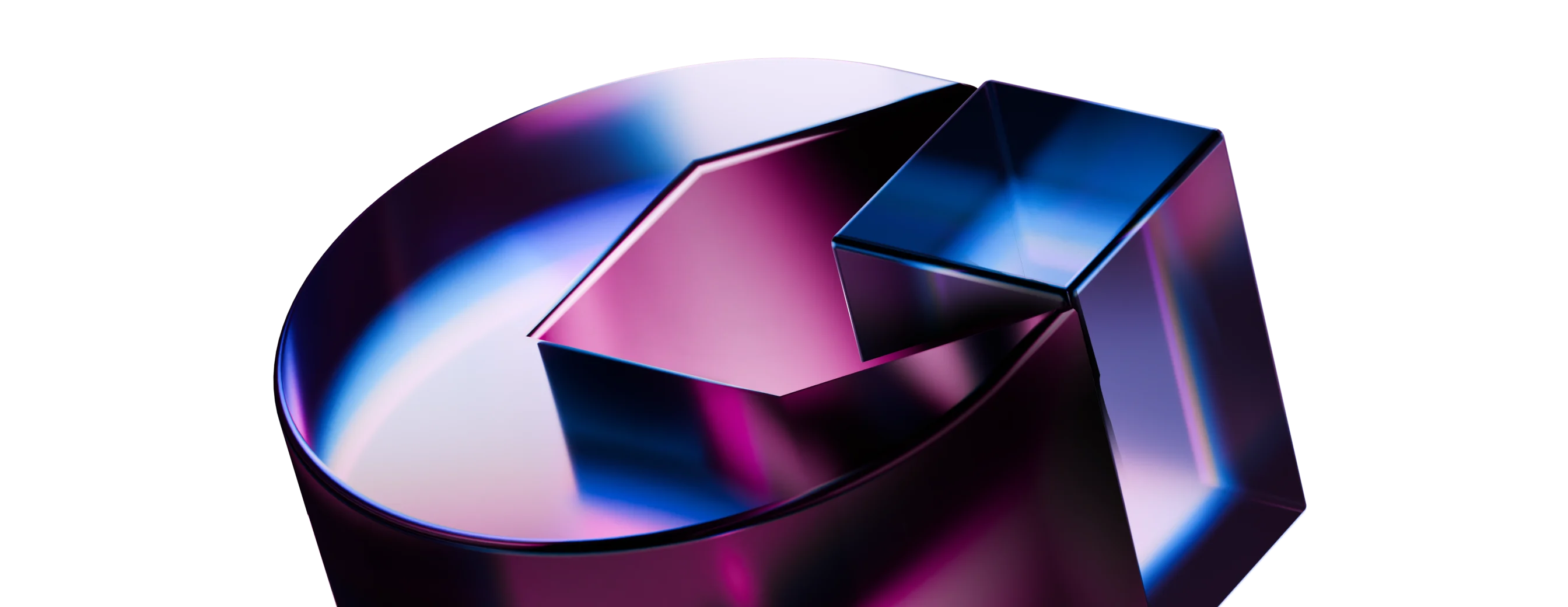
The Trust Machine Has Been Built
It runs continuously, improving itself, securing ever more value, attracting ever more users.
The last time humanity invented a new way to manufacture trust at scale was the joint-stock corporation in 1602. That innovation created $100+ trillion in enterprise value. Ethereum is the next such innovation. The question is not whether you believe in Ethereum. The question is whether you believe in the digitization of coordination. When trillion-dollar institutions require cryptographic certainty for securities settlement, when central banks explore digital currency infrastructure, when Fortune 500 companies tokenize real assets, their own equity even, they will converge on a single choice. Ethereum alone has proven antifragile across every dimension that matters: security, reliability, decentralization, and institutional trust.